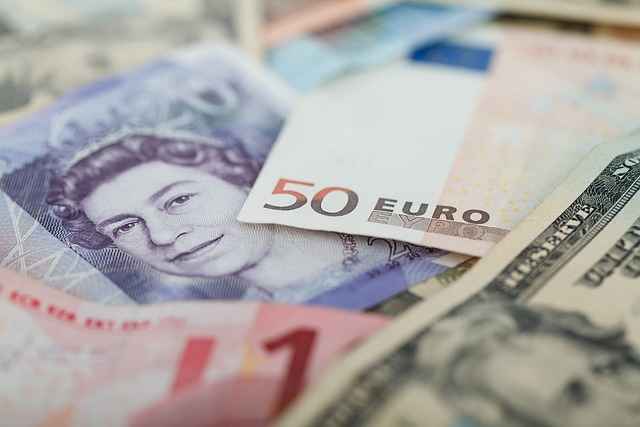
The currency exchange procedure in Pakistan
Published on
Average Read time: 2 minutes
The currency exchange procedure in Pakistan typically involves exchanging one currency for another, such as converting Pakistani Rupees (PKR) into foreign currencies like US Dollars (USD), Euros (EUR), or British Pounds (GBP), and vice versa. Here's a general overview of the currency exchange procedure in Pakistan:
Authorized Dealers: Currency exchange transactions in Pakistan are usually conducted through authorized dealers, which include commercial banks, exchange companies, and authorized money changers licensed by the State Bank of Pakistan (SBP), the central bank of Pakistan.
Documentation: When exchanging currency, individuals are required to provide certain documents for verification purposes. This may include a valid passport or national identification card, as well as any additional documentation required by the authorized dealer.
Exchange Rates: Currency exchange rates in Pakistan can fluctuate based on various factors such as market demand, economic conditions, and government policies. Authorized dealers typically offer exchange rates based on prevailing market rates, which may vary slightly from one dealer to another.
Transaction Limits: There may be limits on the amount of currency that individuals can exchange in a single transaction or within a specified period. These limits are often imposed to prevent money laundering and ensure compliance with regulatory requirements.
Transaction Fees: Authorized dealers may charge transaction fees or service charges for currency exchange transactions. These fees can vary depending on the amount of currency exchanged and the specific policies of the authorized dealer.
Anti-Money Laundering (AML) and Know Your Customer (KYC) Requirements: To prevent money laundering and comply with regulatory guidelines, authorized dealers are required to implement strict AML and KYC procedures. This may involve verifying the identity of customers and monitoring transactions for suspicious activity.
Currency Declaration: Individuals entering or leaving Pakistan with large amounts of foreign currency are required to declare the currency to customs authorities. Failure to declare currency exceeding specified limits may result in penalties or confiscation of the currency.
Regulatory Compliance: Currency exchange transactions in Pakistan are subject to regulatory oversight by the State Bank of Pakistan (SBP) and other relevant regulatory authorities. Authorized dealers are required to comply with regulatory guidelines and reporting requirements.
It's important to note that the specific procedures and regulations governing currency exchange transactions in Pakistan may vary and are subject to change. Individuals looking to exchange currency should consult with authorized dealers or financial institutions for the most up-to-date information and guidance.